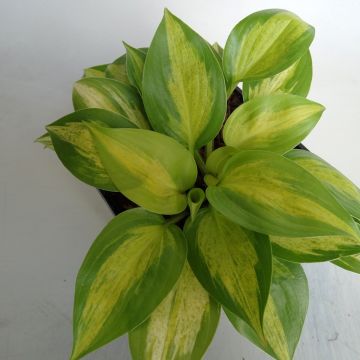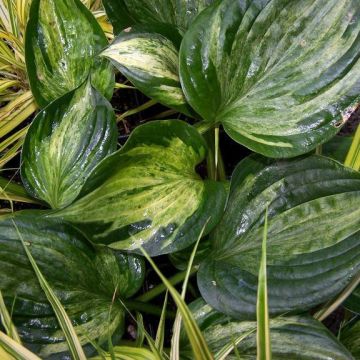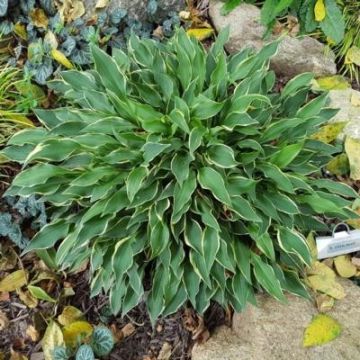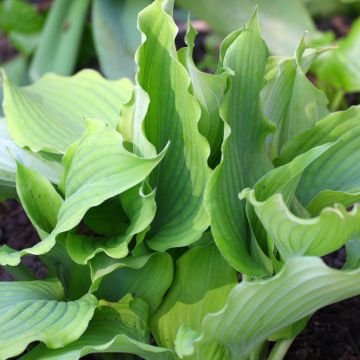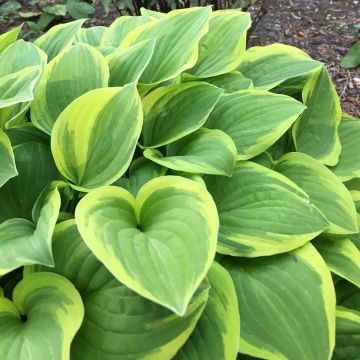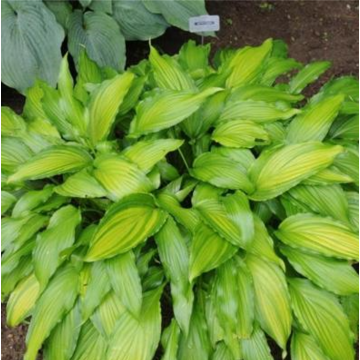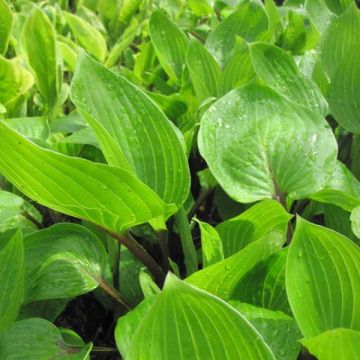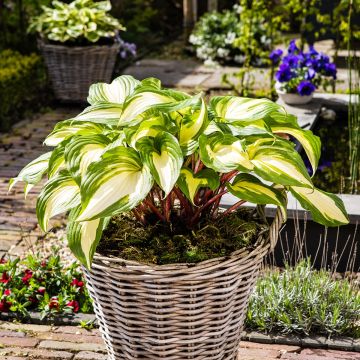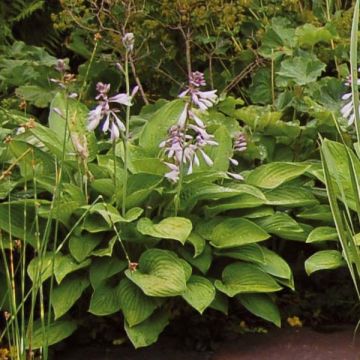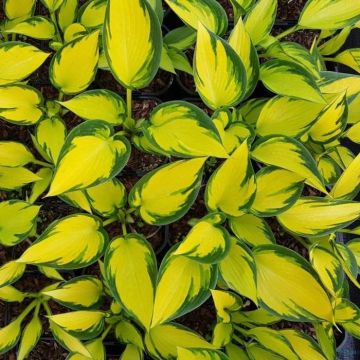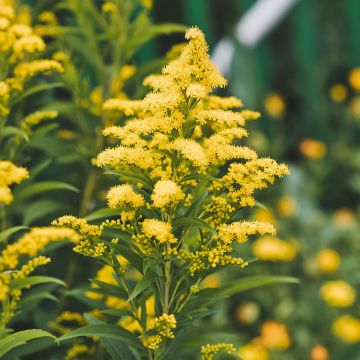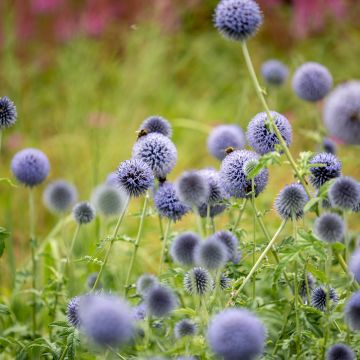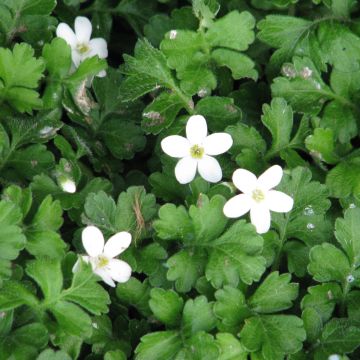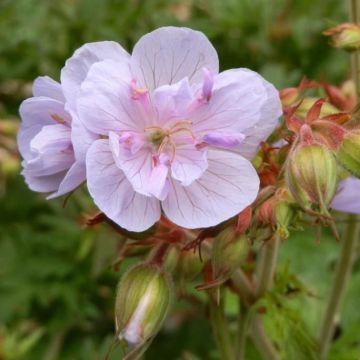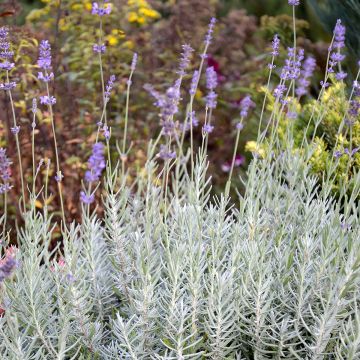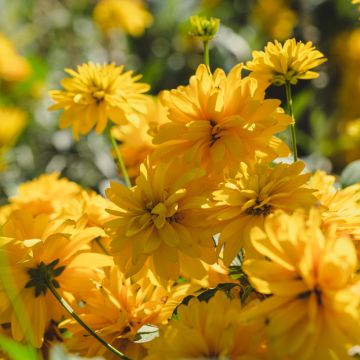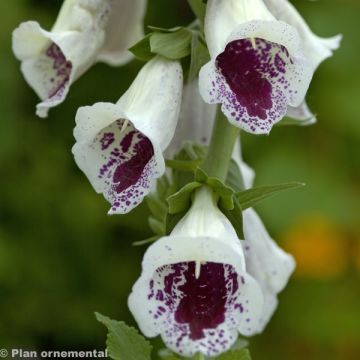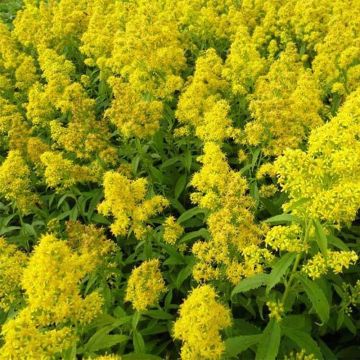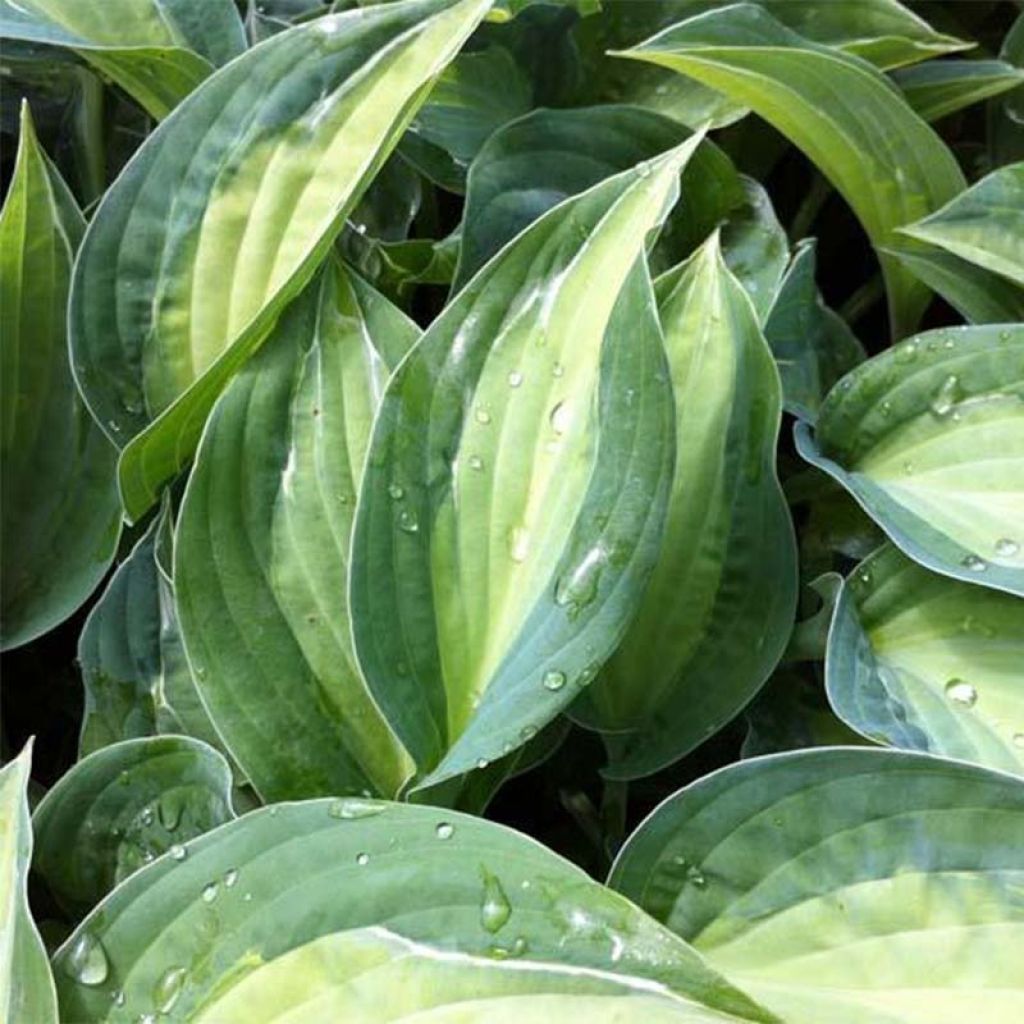

Hosta Striptease
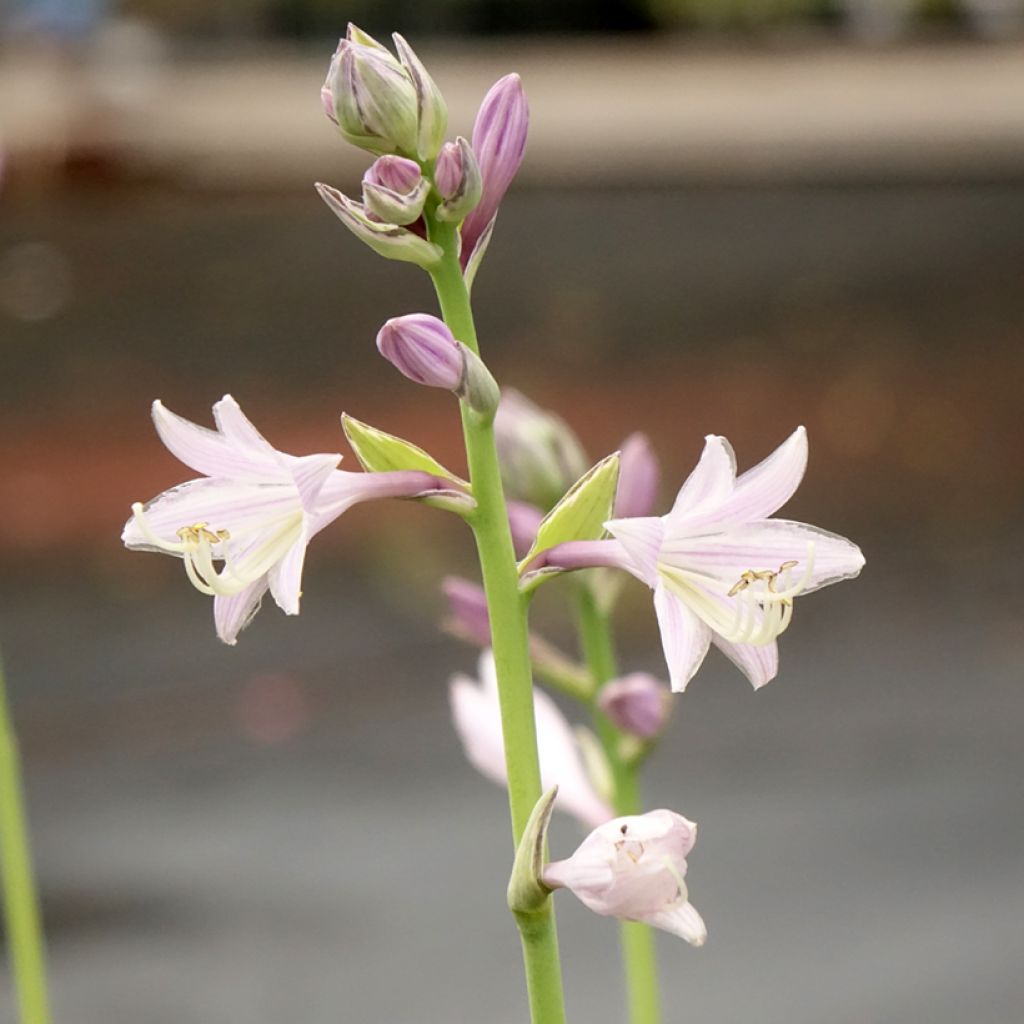

Hosta Striptease
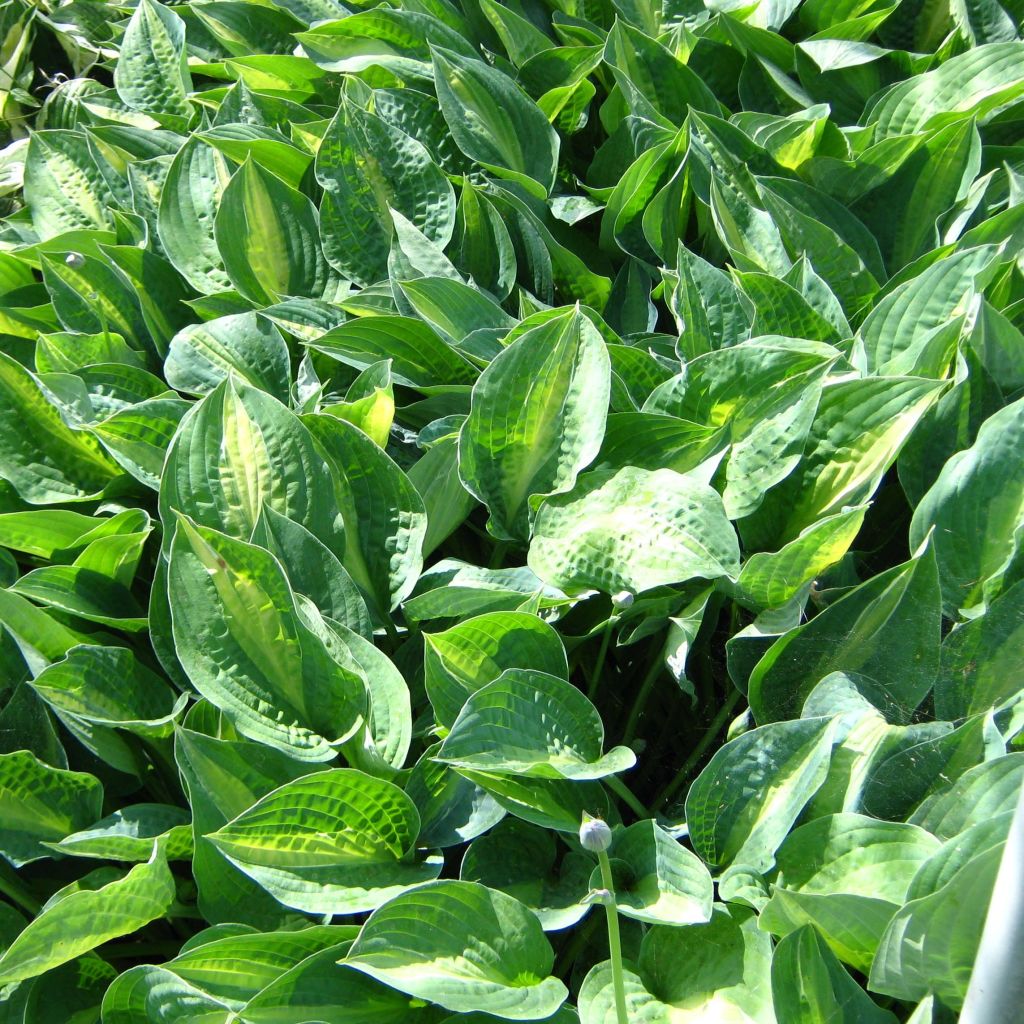

Hosta Striptease
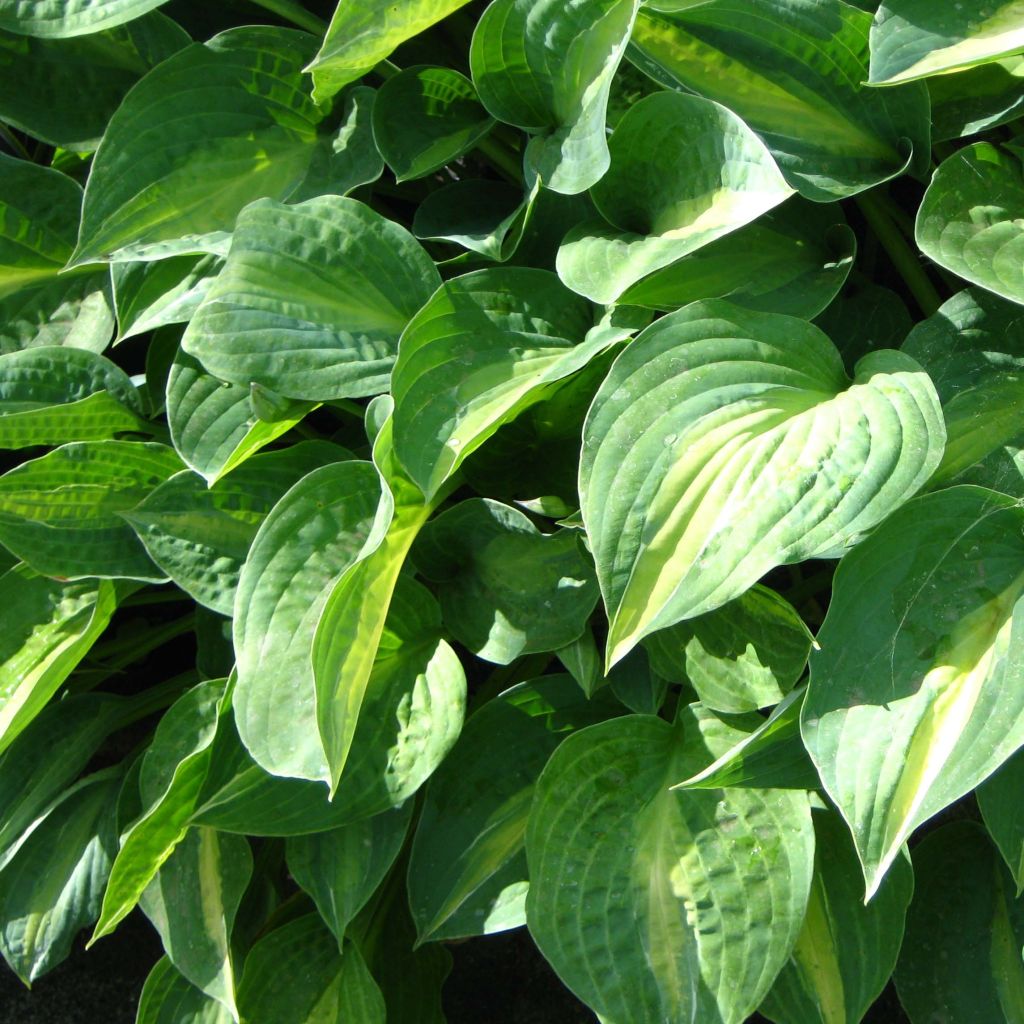

Hosta Striptease
Hosta Striptease
Hosta Striptease
Plantain Lily, Funkia
The 2 "streap tease" hostas planted over a month ago have not recovered, all the leaves are rotting.
Michel, 11/10/2020
Special offer!
Receive a €20 voucher for any order over €90 (excluding delivery costs, credit notes, and plastic-free options)!
1- Add your favorite plants to your cart.
2- Once you have reached €90, confirm your order (you can even choose the delivery date!).
3- As soon as your order is shipped, you will receive an email containing your voucher code, valid for 3 months (90 days).
Your voucher is unique and can only be used once, for any order with a minimum value of €20, excluding delivery costs.
Can be combined with other current offers, non-divisible and non-refundable.
Home or relay delivery (depending on size and destination)
Schedule delivery date,
and select date in basket
This plant carries a 12 months recovery warranty
More information
We guarantee the quality of our plants for a full growing cycle, and will replace at our expense any plant that fails to recover under normal climatic and planting conditions.
Would this plant suit my garden?
Set up your Plantfit profile →
Description
Hosta 'Striptease' is a variety named hosta of the year in 2005. It bears attractive unique markings. This deciduous perennial forms a clump of dark green-edged chartreuse foliage, separated by a delicate white edging. The heart-shaped leaves are thick, flat, and beautifully pleated with deep veins. This hosta is adorned with lavender funnel-shaped flowers from July to August. It is particularly slug-resistant and tolerates moderate sun exposure as long as it is planted in moist, rich, and well-drained soil. Very popular, it can be used as a border plant, in a mass planting, as a ground cover in shady areas, or in a cool rock garden, as well as in pots on balconies or patios.
Hosta 'Striptease' is a mutation of H. 'Gold Standard' with larger dark margins. Hosta, also known as Funkia, is a hardy deciduous perennial that forms a leafy clump each spring to brighten up shady areas until winter arrives. It belongs to the Asparagaceae family. With rapid growth, Hosta 'Striptease' forms a compact bushy clump, quickly reaching 50cm (20in) in height and 90cm (35in) in spread. It is a long-lived plant with heart-shaped, cordate-based oval leaves that are about 15cm (6in) long and 10cm (4in) wide. Their thick blades are marked by 6 to 7 pairs of deep veins. In summer, low flower stalks emerge from the centre of its ornamental foliage, bearing lightly scented lavender funnel-shaped flower clusters.
Hostas thrive in moist, well-drained, and fertile soils, and they absolutely dislike drought and scorching exposures. Afternoon sun exposure should be avoided, as it can scorch the leaves of these perennials. In hotter and drier regions, a thick mulch is recommended. Hostas, with their generous and decorative foliage, are perfect as ground covers, borders, or mass plantings in partly shaded to shaded areas, where other plants struggle to grow. They prefer sheltered and cool locations such as woodland areas. Varieties with blue and green foliage tolerate dense shade better. Sun tends to make blue colours turn green. Lighter foliage thrives in partial shade, where their colour transforms and becomes lighter with increased sunlight. In general, morning sun exposure allows optimal development of these perennials and also enhances their flowering. Gastropods (slugs and snails) are particularly fond of these fleshy perennials, so contemporary hybridisations aim to create plants that are increasingly resistant to their attacks. For varieties with less sturdy leaves, hemp mulch or gravel mulch can deter these pests. It is worth noting that frogs and hedgehogs are their natural predators, so encourage their presence for a balanced garden ecosystem.
Pair them in masses with other hostas, ferns, delphiniums, Solomon's seal, and other low-growing ground cover perennials such as creeping bugleweed, geraniums, and lamiums. They are all very effective as slug repellents. The silver-leaved Brunnera macrophylla 'Mr Morse' is a great companion for hostas in woodland areas. Also consider heucheras with their fantastic range of colours, or the delicate flowers of epimediums. Golden foliage contrasts beautifully with their red and orange tones. This will enhance shaded and slightly damp parts of the garden, creating a pleasant haven of freshness for the summer. Hostas also thrive in containers, which should be placed in partial shade and watered regularly. Hostas complement spring bulbs, appearing in late spring just in time to cover faded plants with their generous foliage. Plant them around a pond with persicarias, carex, and astilbes. The blue-toned foliage blends perfectly with the red and purple foliage of Japanese maples, as well as the golden yellow foliage of Hakonechloa.
Did you know? Most species commonly found in Western gardens were introduced from Japan. Hostas are edible and are called urui in Japan, where they are commonly consumed.
Report an error about the product description
Hosta Striptease in pictures
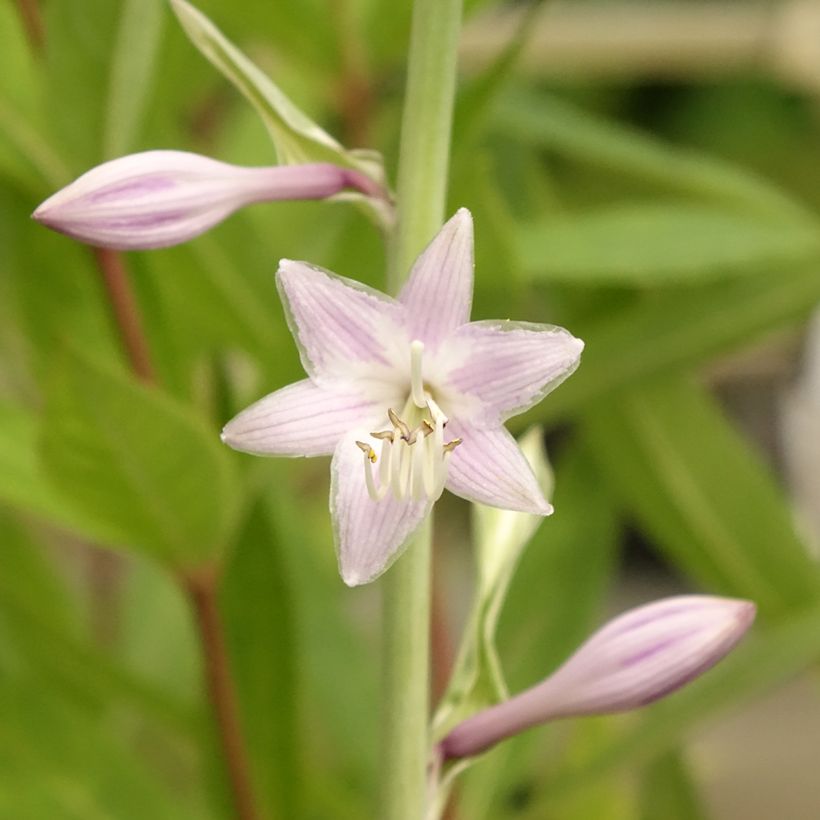

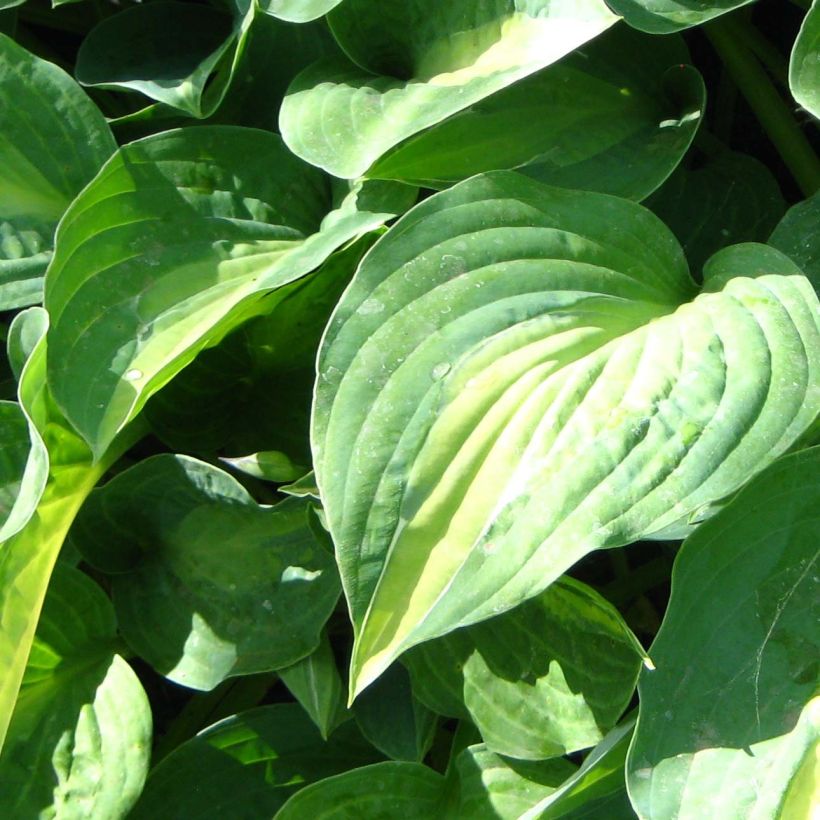

Flowering
Foliage
Plant habit
Botanical data
Hosta
Striptease
Liliaceae - Hostaceae
Plantain Lily, Funkia
Cultivar or hybrid
Other Hostas - Plantain Lilies
View all →Planting and care
Plant in spring or autumn. They prefer deep, rich, humus-bearing, loose soil, preferably neutral to acidic (at least low in limestone), and moist to wet throughout the year. Plant them in partial shade or dappled shade and in a location sheltered from strong winds.
Prepare a planting hole measuring 20x20x20cm (8x8x8in). If your soil is heavy, mix equal parts compost with crumbled soil, partially fill the hole, and place your plant with its root ball so that the top of the root ball is covered with 3cm (1in) of soil. Applying a slow-release fertiliser (dehydrated blood, horn powder) will nourish your plant during its rooting period without the risk of burning. Make sure to position the collar well above ground level. Firm the soil and water thoroughly to remove any air pockets. During dry weather, water regularly for a few weeks to facilitate root establishment. Also, water regularly during dry summers.
With their common preference for moist areas, slugs and snails are never far away from hostas. Even though blue or variegated hostas often have thicker and tougher foliage, which is less appealing to slugs, these plants still need protection from gastropods. Protect your hostas by surrounding them with ferramol-based pellets (approved for Organic Agriculture), eggshells, coffee grounds, wood chips, or any dry and rough natural substance that repels them. Hedgehogs are the gardener's best allies in the fight against gastropods, as they do not disturb the soil and do not attack the lush green shoots of young plants. Slugs are also repulsed by plants with strong odours, such as wormwood and garlic.
Planting period
Intended location
Care
-
, onOrder confirmed
Reply from on Promesse de fleurs
Similar products
Haven't found what you were looking for?
Hardiness is the lowest winter temperature a plant can endure without suffering serious damage or even dying. However, hardiness is affected by location (a sheltered area, such as a patio), protection (winter cover) and soil type (hardiness is improved by well-drained soil).

Photo Sharing Terms & Conditions
In order to encourage gardeners to interact and share their experiences, Promesse de fleurs offers various media enabling content to be uploaded onto its Site - in particular via the ‘Photo sharing’ module.
The User agrees to refrain from:
- Posting any content that is illegal, prejudicial, insulting, racist, inciteful to hatred, revisionist, contrary to public decency, that infringes on privacy or on the privacy rights of third parties, in particular the publicity rights of persons and goods, intellectual property rights, or the right to privacy.
- Submitting content on behalf of a third party;
- Impersonate the identity of a third party and/or publish any personal information about a third party;
In general, the User undertakes to refrain from any unethical behaviour.
All Content (in particular text, comments, files, images, photos, videos, creative works, etc.), which may be subject to property or intellectual property rights, image or other private rights, shall remain the property of the User, subject to the limited rights granted by the terms of the licence granted by Promesse de fleurs as stated below. Users are at liberty to publish or not to publish such Content on the Site, notably via the ‘Photo Sharing’ facility, and accept that this Content shall be made public and freely accessible, notably on the Internet.
Users further acknowledge, undertake to have ,and guarantee that they hold all necessary rights and permissions to publish such material on the Site, in particular with regard to the legislation in force pertaining to any privacy, property, intellectual property, image, or contractual rights, or rights of any other nature. By publishing such Content on the Site, Users acknowledge accepting full liability as publishers of the Content within the meaning of the law, and grant Promesse de fleurs, free of charge, an inclusive, worldwide licence for the said Content for the entire duration of its publication, including all reproduction, representation, up/downloading, displaying, performing, transmission, and storage rights.
Users also grant permission for their name to be linked to the Content and accept that this link may not always be made available.
By engaging in posting material, Users consent to their Content becoming automatically accessible on the Internet, in particular on other sites and/or blogs and/or web pages of the Promesse de fleurs site, including in particular social pages and the Promesse de fleurs catalogue.
Users may secure the removal of entrusted content free of charge by issuing a simple request via our contact form.
The flowering period indicated on our website applies to countries and regions located in USDA zone 8 (France, the United Kingdom, Ireland, the Netherlands, etc.)
It will vary according to where you live:
- In zones 9 to 10 (Italy, Spain, Greece, etc.), flowering will occur about 2 to 4 weeks earlier.
- In zones 6 to 7 (Germany, Poland, Slovenia, and lower mountainous regions), flowering will be delayed by 2 to 3 weeks.
- In zone 5 (Central Europe, Scandinavia), blooming will be delayed by 3 to 5 weeks.
In temperate climates, pruning of spring-flowering shrubs (forsythia, spireas, etc.) should be done just after flowering.
Pruning of summer-flowering shrubs (Indian Lilac, Perovskia, etc.) can be done in winter or spring.
In cold regions as well as with frost-sensitive plants, avoid pruning too early when severe frosts may still occur.
The planting period indicated on our website applies to countries and regions located in USDA zone 8 (France, United Kingdom, Ireland, Netherlands).
It will vary according to where you live:
- In Mediterranean zones (Marseille, Madrid, Milan, etc.), autumn and winter are the best planting periods.
- In continental zones (Strasbourg, Munich, Vienna, etc.), delay planting by 2 to 3 weeks in spring and bring it forward by 2 to 4 weeks in autumn.
- In mountainous regions (the Alps, Pyrenees, Carpathians, etc.), it is best to plant in late spring (May-June) or late summer (August-September).
The harvesting period indicated on our website applies to countries and regions in USDA zone 8 (France, England, Ireland, the Netherlands).
In colder areas (Scandinavia, Poland, Austria...) fruit and vegetable harvests are likely to be delayed by 3-4 weeks.
In warmer areas (Italy, Spain, Greece, etc.), harvesting will probably take place earlier, depending on weather conditions.
The sowing periods indicated on our website apply to countries and regions within USDA Zone 8 (France, UK, Ireland, Netherlands).
In colder areas (Scandinavia, Poland, Austria...), delay any outdoor sowing by 3-4 weeks, or sow under glass.
In warmer climes (Italy, Spain, Greece, etc.), bring outdoor sowing forward by a few weeks.






























